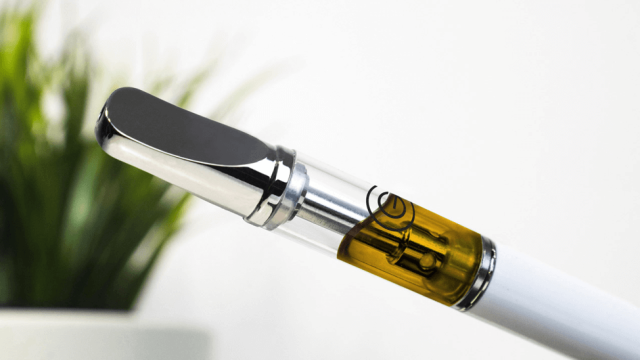As vaping technology continues to evolve, so does the complexity behind choosing the right materials. One common point of confusion among users—especially beginners—is the difference between thick and thin oils in Dab Pen vapes. Each type of oil interacts differently with the heating elements and coils, affecting everything from vapor production to flavor quality. This article explores these differences in depth, so you can make an informed decision for a better vaping experience.
What Is a Dab Pen?
Before diving into the specifics of oil types, it’s essential to understand what a Dab Pen is. Also known as wax pens or concentrate vaporizers, dab pens are portable devices designed to vaporize cannabis concentrates such as wax, shatter, or oil. Unlike traditional vape pens used for nicotine or dry herbs, dab pens require a specific type of concentrate, and this is where oil viscosity becomes crucial.
Thick Oils: Rich Flavor, Slow Burn
Thick oils—often referred to as high-viscosity oils—are commonly used in full-spectrum cannabis extracts or CO₂ oils. These are typically more concentrated and contain fewer additives or cutting agents. Because of their density, thick oils:
-
Provide richer flavor due to the presence of more cannabinoids and terpenes.
-
Last longer as they burn more slowly, giving you more sessions per cartridge.
-
Require higher heat to vaporize effectively, which means not all dab pens can handle thick oils efficiently.
-
Can clog cartridges if not stored or used properly, especially in cold environments.
This type of oil is ideal for seasoned users who prioritize flavor and potency. However, users must ensure their dab pen is designed to handle high-viscosity materials—usually those with ceramic or quartz coil technology.
Thin Oils: Quick Heat, Smooth Draw
On the flip side, thin oils—or low-viscosity oils—are usually made with added solvents or thinning agents such as propylene glycol (PG), vegetable glycerin (VG), or medium-chain triglycerides (MCT). These oils are more fluid and:
-
Heat up quickly, making them ideal for beginners and quick sessions.
-
Deliver smoother hits, as they’re easier to inhale and less likely to cause coughing.
-
Are compatible with most dab pens, especially those designed for low-viscosity liquids.
-
May sacrifice flavor and potency, depending on the additives used.
While convenient and widely available, thin oils may contain ingredients that some users prefer to avoid. Always check the ingredient list to ensure you’re using a safe and reputable product in your Dab Pen.
Which One Is Right for You?
Choosing between thick and thin oils depends largely on your vaping goals and the capabilities of your Dab Pen. If you’re after high potency, full flavor, and a longer-lasting session, thick oils might be your best bet—provided your device can handle them. On the other hand, if you value ease of use, fast heating, and smoother hits, thin oils are the more user-friendly option.
Device Compatibility Matters
Not all dab pens are built the same. Some are engineered specifically for thicker oils or waxes, while others are optimized for thinner, more fluid extracts. Consider the following when matching oils to your device:
-
Coil Type: Quartz coils heat quickly and are great for thin oils; ceramic coils hold heat longer and suit thick oils.
-
Voltage Settings: Variable voltage allows you to adjust heat levels, making your pen more versatile.
-
Wicking System: Look for dab pens with stronger wicking capabilities if you plan to use thick oils frequently.
Final Thoughts
Understanding the difference between thick and thin oils is crucial for getting the most out of your Dab Pen. Each oil type brings its own set of advantages and drawbacks, and knowing what you’re vaping—and how your device handles it—can significantly enhance your overall experience. Whether you’re chasing big clouds, strong flavor, or smooth hits, the key lies in matching the right oil to the right pen.
By mastering the science of viscosity, you take one step closer to elevating your vaping game.












